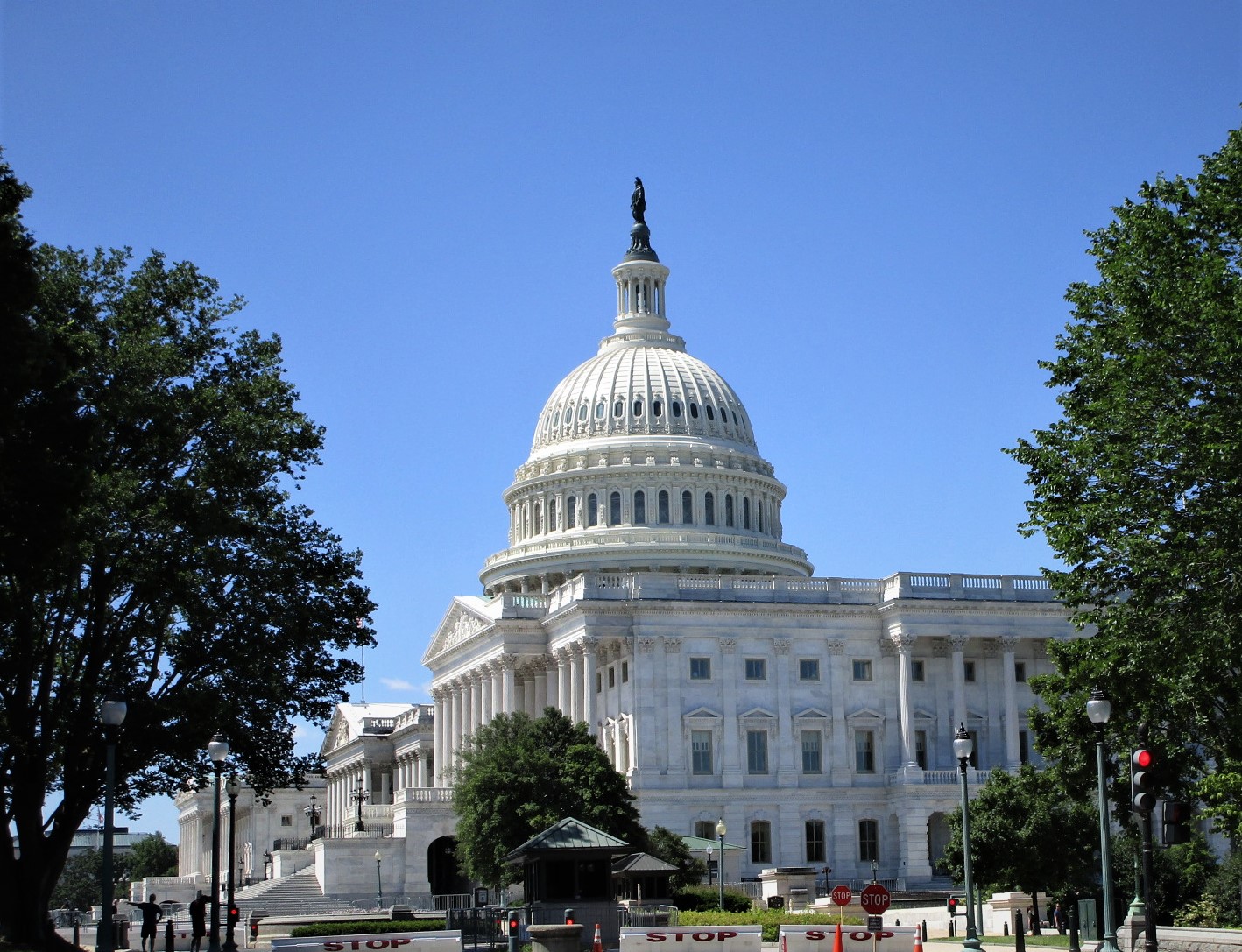House Passes Trio of Communications Bills
Includes directive for FCC to study 6G wireless

The smarter way to stay on top of the multichannel video marketplace. Sign up below.
You are now subscribed
Your newsletter sign-up was successful
The House on Thursday (Dec. 2) passed three communications-related bills, including one requiring the Federal Communications Commission to start kicking the tires on 6G wireless.
The bills are the FUTURE Networks Act (HR 4045), the Understanding Cybersecurity of Mobile Networks Act (HR 2685) and the American Cybersecurity Literacy Act (HR 4055).
The Future Uses of Technology Upholding Reliable and Enhanced Networks [FUTURE] Act directs the FCC to create a 6G task force comprising public interest groups, communications network businesses (though not ones considered to be “not trusted,” the law makes clear), and government stakeholders.
The bill defines “not trusted" as technology “owned by, controlled by, or subject to the influence of a foreign adversary” or that otherwise “poses a threat to the national security of the United States.”
Within a year, the FCC must report back to Congress on, among other things, the status of industry-led standards, supply chain security limitations, and how to coordinate siting, deployment and adoption of 6G.
The task force will have to produce a draft of that report within six months and put it out for public comment.
The bills together are meant to ensure the country leads in next-generation communications technology, said the Republican leadership of the House Energy & Commerce Committee, adding that they “will strengthen our cybersecurity awareness, bolster our leadership in 6G technology and reinforce the security of our mobile communications network.”
The smarter way to stay on top of the multichannel video marketplace. Sign up below.
The bills passed out of the committee back in July.
The “Understanding Cybersecurity of Mobile Networks Act,” which requires the National Telecommunications and Information Administration (NTIA), the Biden administration's chief telecom policy advisory arm, to study and report on the cybersecurity of mobile broadband nets and their susceptibility to attacks and surveillance by “adversaries.”
HR 4055, the “American Cybersecurity Literacy Act,” would require the NTIA to educate the public about cybersecurity risks and best practices.
“The Understanding Cybersecurity of Mobile Networks Act gives policymakers a better understanding of the state of the cybersecurity in our wireless networks, which is a matter of national security,” Rep. Anna Eshoo (D-Calif.), who was the driving force behind that and the American Cybersecurity Literacy Act, said.
Contributing editor John Eggerton has been an editor and/or writer on media regulation, legislation and policy for over four decades, including covering the FCC, FTC, Congress, the major media trade associations, and the federal courts. In addition to Multichannel News and Broadcasting + Cable, his work has appeared in Radio World, TV Technology, TV Fax, This Week in Consumer Electronics, Variety and the Encyclopedia Britannica.

